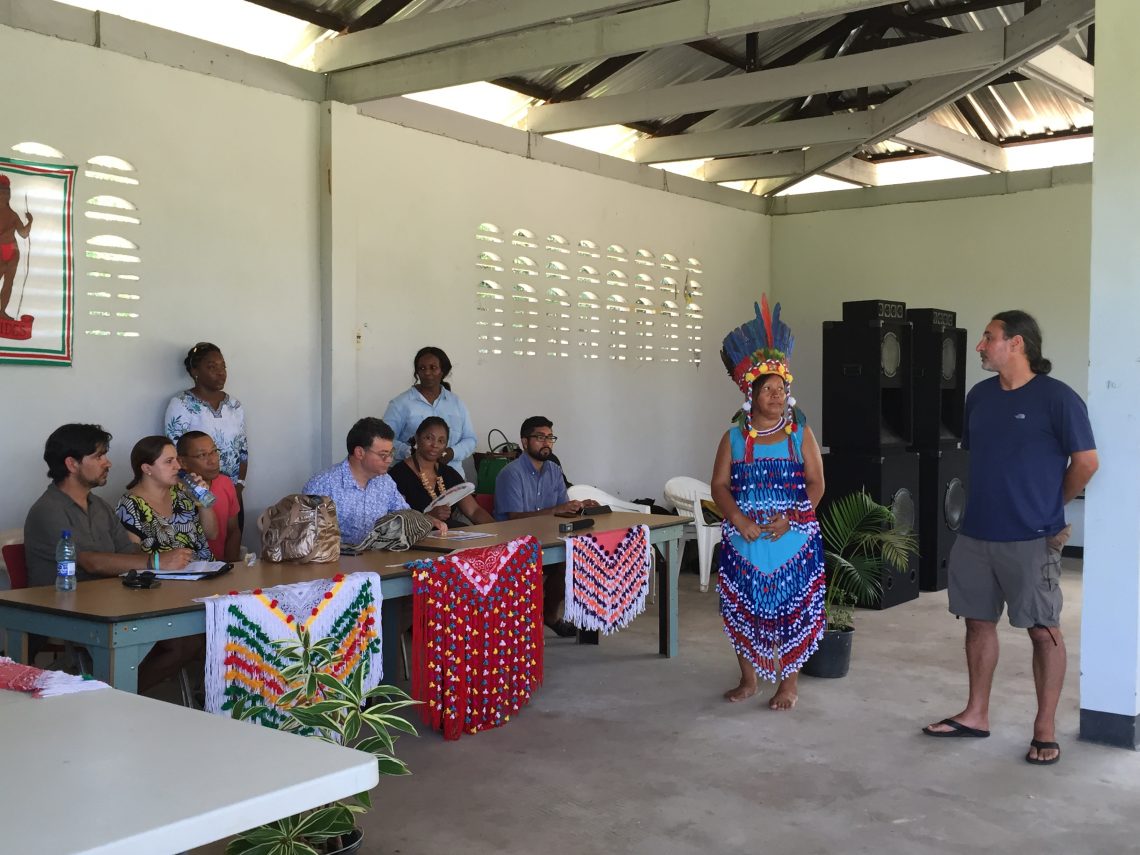At Public Books, Christopher Loperena interviews anthropologist Stuart Kirsch, who Loperena describes as “one of very few anthropologists to have conducted research at both the bottom and the top of the global economy, with both indigenous peoples and corporations.” Kirsch’s most recent book, Engaged Anthropology: Politics beyond the Text, reflects on his past experience using his anthropological training to advocate on behalf of indigenous communities threatened by corporate pollution and land appropriation. In the interview, he explains why political engagement of this kind compliments his anthropological research, rather than detracting from it. Here’s an excerpt:
CL: In Engaged Anthropology, you speak to at least two problems associated with civil conflict. You write about the “ethnic tensions” in the Solomon Islands from 1998 to 2003, and also about the conflict in Indonesian West Papua, including a large refugee movement to Papua New Guinea that took place in the mid-1980s.
You also talk about some of the challenges of doing work in support of the refugee community and about being able to do research in these areas of acute tension. I was interested in knowing more about how you do the work of bearing witness to violence, as Nancy Scheper-Hughes has described it, and also contend with the constraints of doing research in such a situation, including the risk to one’s own safety. How do you negotiate that? And is the responsibility to bear witness an ethical responsibility, or is it more of an epistemic issue, or is it both?
SK: When I started out conducting ethnographic research in a village in Papua New Guinea near the border with Indonesian West Papua, there was a refugee camp less than a mile away. Most of the West Papuan refugees were from the same language community as the people living in the village. They had left their homes and walked across the border several years earlier because of their objections to military rule in Indonesia. I understood that the refugee leaders were suspicious of outsiders attempting to learn about the situation, so initially I limited my research to the people from Papua New Guinea. I walked past the refugee camp on a regular basis, but I didn’t stop to conduct interviews, although given that many of the refugees were related to the people from the village where I was living, I gradually became acquainted with some of them as individuals.
Nearly a full year went by without my interviewing the refugees about their political concerns. And finally, one of the refugees came and said to me, “Stuart, why don’t you ever come into our homes and talk to us about our situation?” And I responded by saying, “Well, invite me and I’ll come.” And that interaction kick-started the second component of my research, in which I worked closely with the refugees, listened to their stories, and learned about their political ambitions. I had to be patient with them until they decided they were comfortable talking with me.
The other part of the story has to do with their subsequent demand that I become involved in their struggle for freedom, or merdeka , in West Papua. In the new book, I recount how several of the refugees turned to me during the middle of a male initiation ceremony in which we were all participants, asking: “Are you going to use this information to help us, or to help the people working against us?” It was clear they saw this as an either/or situation: if I didn’t help them, then I would be betraying their trust. I felt as though my participation in their most important ritual had established an obligation for me to reciprocate by supporting their political ambitions, at least to the extent that I was able to do so.
Image via Public Books.
